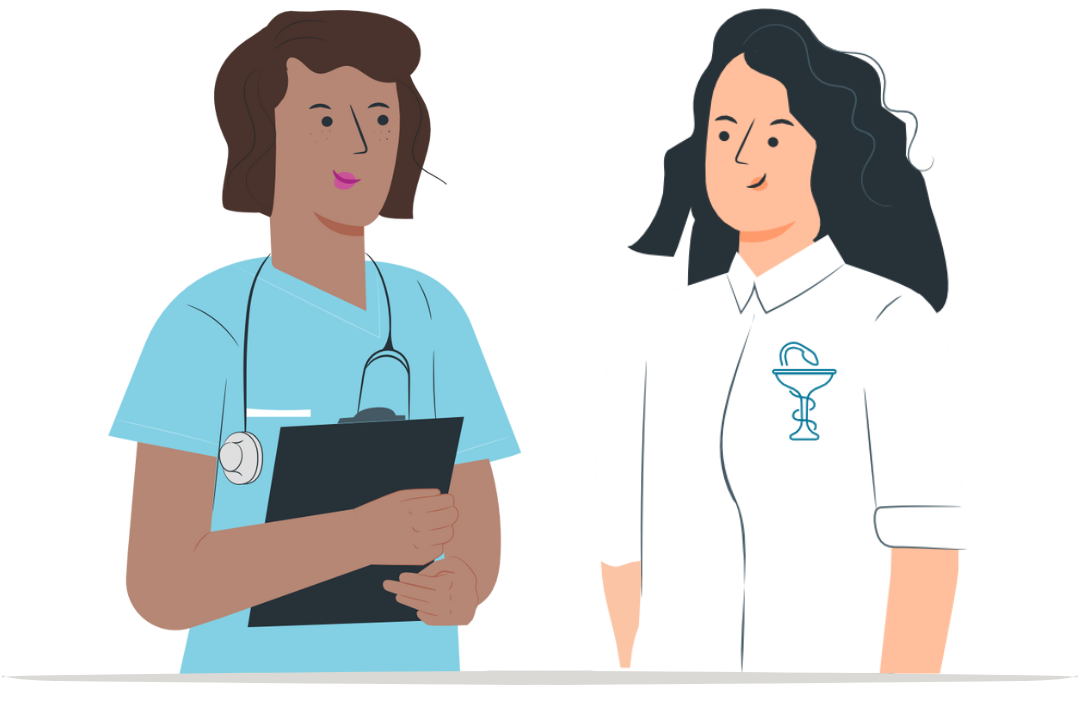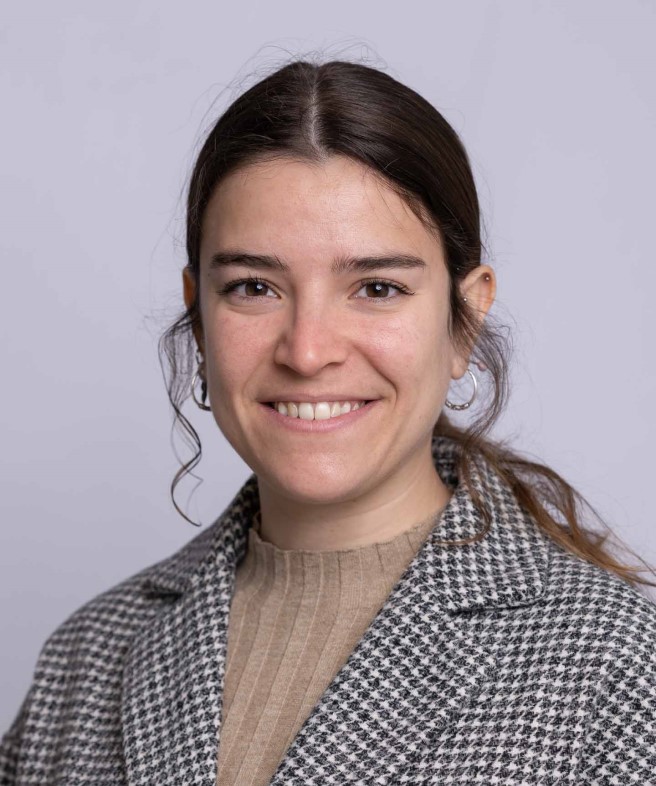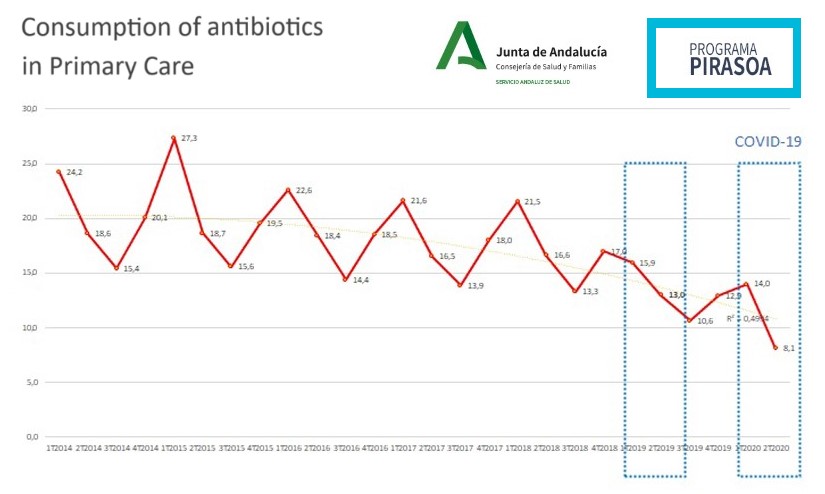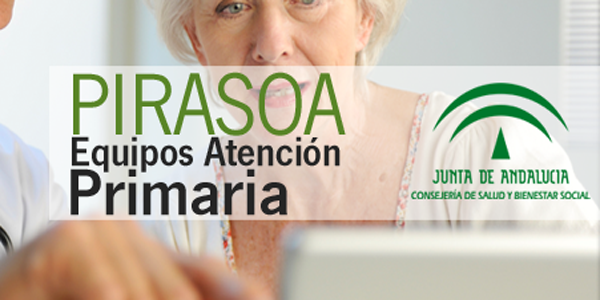ANTIMICROBIAL PRESCRIBING OPTIMISATION
Training programme for medical doctors and pharmacists








Training programme for nurses



Training programme for managers




Vision:
Our vision is to increase the knowledge of primary healthcare professionals in Europe on the appropriate use of antimicrobials to reduce antimicrobial resistance (AMR), by providing specialised educational materials based on current digital technologies.
Objectives:
- Define and assess the learning needs and knowledge gaps on antimicrobial use (AMU) and AMR of health professionals in primary care (doctors, nurses, pharmacists)
- Design and develop online training modules for health professionals in primary care on how to curb antimicrobial resistance and contribute to effective, accessible and resilient health systems.
Why action/education is needed:
Antibiotics are widely used in primary care, accounting for more than 80% of their global use. However, overuse and misuse of antibiotics are associated with increasing AMR, making it crucial for medical professionals in different specialities to stay up-to-date with the latest advances in antibiotic prescribing optimisation.
What this project will achieve:
To improve antibiotic prescription practices, a needs analysis will be performed on general practitioners, family doctors and paediatricians in primary care regarding AMR. With this understanding, effective training materials will be developed, tailored to their specific needs. These materials will be offered to medical professionals in different EU countries, ensuring that they have access to the knowledge and resources needed to make informed decisions regarding antibiotic prescription and use.

José-Miguel Cisneros
Work package leader
Andalusian Health Service

Cristina Suárez
Work package co-leader
Andalusian Health Service

Paula Algarín Sánchez
Work package co-leader
Andalusian Health Service

Germán Peñalva
Work package co-leader
Andalusian Health Service
Mission statement
“We are excited to continue our mission in tackling AMR by training healthcare professionals, building upon the successful groundwork we’ve laid in the PIRASOA project. Together, we can empower health professionals with the necessary tools and knowledge to combat AMR and ensure the wellbeing of our patient communities.”

Building up on successful initiatives: the PIRASOA project
The PIRASOA program aimed to improve healthcare in the Andalusia region of Spain by preventing healthcare-associated infections (HAIs) and optimizing antimicrobial use. It focused on patient safety and quality of care in healthcare settings.
The programme started on 1 January 2014 and has been implemented in all public centres of Andalusia.
The program included its scope covering hospital and primary care settings. Education played a crucial role, and the program had measurable outcomes.
An online platform was set up to facilitate programme training, monitoring and assessment: www.pirasoa.iavante.es
It was the primary communication tool between the local teams and the Scientific Committee. Training of the local teams was conducted through training courses and annual face-to-face sessions. Training modules were structured as MOOC (Massive Online Open Courses) that reached many participants.
A total of 12 training courses were conducted, including courses for local teams, appropriate antimicrobial use, HAIs, and optimizing antimicrobial use in hospital and community pharmacy settings. These courses trained a significant number of professionals.

Funded by the European Union. Views and opinions expressed are however those of the author(s) only and do not necessarily reflect those of the European Union or the Health and Digital Executive Agency (HaDEA). Neither the European Union nor the granting authority can be held responsible for them.


